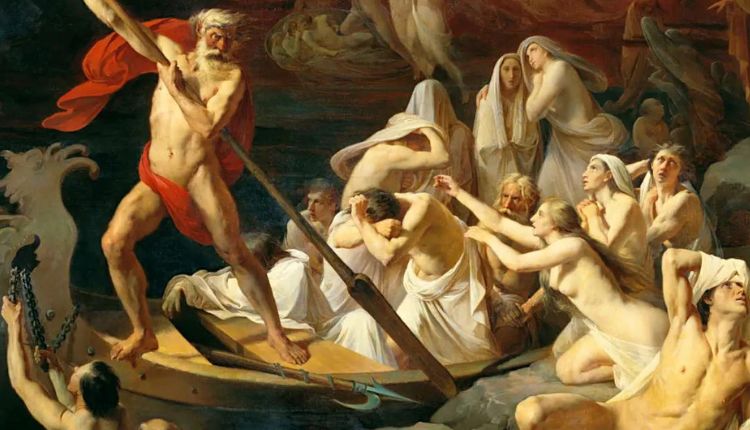which excerpt from the odyssey best shows that the ancient greeks greatly valued the idea of home?In the realm of classical literature, Homer’s epic poem, “The Odyssey,” stands as a testament to the profound values and ideals cherished by the ancient Greeks. Among these, the concept of home is arguably one of the most intricately woven themes throughout the narrative. This article delves into the pages of “The Odyssey” to extract an excerpt that encapsulates the profound significance the ancient Greeks placed on the idea of home.
Homeric Odyssey: A Glimpse into Greek Civilization
The Odyssey, an epic poem attributed to Homer, chronicles the adventures of Odysseus as he embarks on a perilous journey to return home after the Trojan War. The narrative unfolds against the backdrop of a society that venerates the concept of homecoming. The very essence of Greek civilization is embedded in the notion that home is not merely a physical space but a sacred haven, a bastion of familial and communal bonds.
Extracting the Essence: A Passage Resonating with Greek Values
In the vast tapestry of “The Odyssey,” a particular passage resonates profoundly, illustrating the Greeks’ deep-seated reverence for home. In Book 9, when Odysseus encounters the cyclops Polyphemus, the hero identifies himself as “Nobody.” This clever ruse allows him to blind the cyclops and escape captivity. When asked by his fellow cyclopes about his assailant, Polyphemus can only lament the deeds of “Nobody,” highlighting Odysseus’s cunning escape.
This seemingly simple narrative device reveals a nuanced layer of Greek values. Odysseus’s clandestine return to his homeland is not just a physical journey but a strategic maneuver to safeguard his cherished domain. The use of wit and deception reflects the resourcefulness the ancient Greeks associated with protecting one’s home and loved ones.
The Hearth of Identity: Home in Ancient Greek Culture
To truly comprehend the ancient Greeks’ appreciation for the concept of home, we must delve into the cultural and societal nuances prevalent during that era. In ancient Greece, the home was not merely a dwelling; it was the epicenter of identity, a sacred space where familial ties and cultural heritage converged.
The Oikos: Foundation of Greek Society
In Greek culture, the household, known as the oikos, formed the cornerstone of societal structure. The oikos extended beyond the physical walls of a residence; it encompassed an intricate web of familial relationships, responsibilities, and rituals. The centrality of the oikos in Greek society echoes through the narrative of “The Odyssey,” where Odysseus’s return symbolizes the restoration of order and harmony within his oikos.
Xenia: Hospitality as a Virtue
The Odyssey is replete with instances of xenia, a sacred Greek concept of hospitality. From the welcoming shores of Phaeacia to the challenges Odysseus faces in his own home, the importance of treating guests with utmost respect underscores the values embedded in Greek society. The respect for hospitality mirrors the reciprocal nature of relationships within the oikos, emphasizing the interconnectedness of individuals within the broader tapestry of the community.
Concluding Thoughts
In navigating the tumultuous seas of “The Odyssey,” we uncover a profound appreciation for the concept of home that permeated ancient Greek culture. The hero’s journey becomes a metaphorical exploration of the lengths one would go to safeguard their oikos, their identity, and the sanctity of their familial bonds.
In an era where the digital landscape mirrors the complexities of Odysseus’s odyssey, the relevance of these ancient ideals persists. The modern reader, much like the ancient Greek, recognizes the intrinsic value of a place called home—a haven where values, identity, and connections converge.

